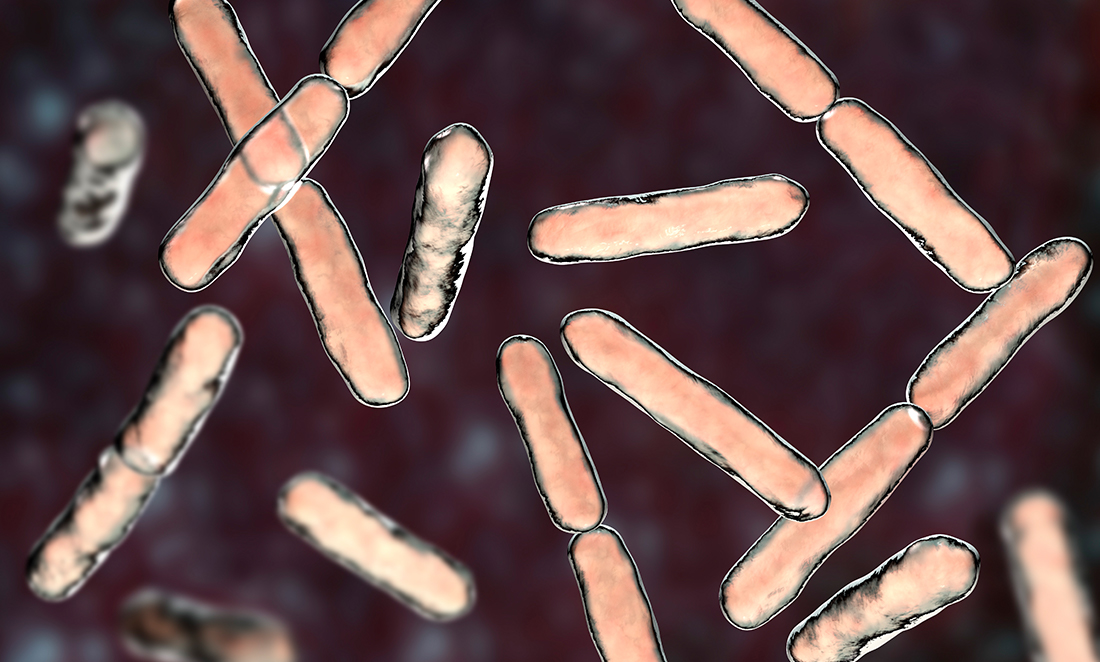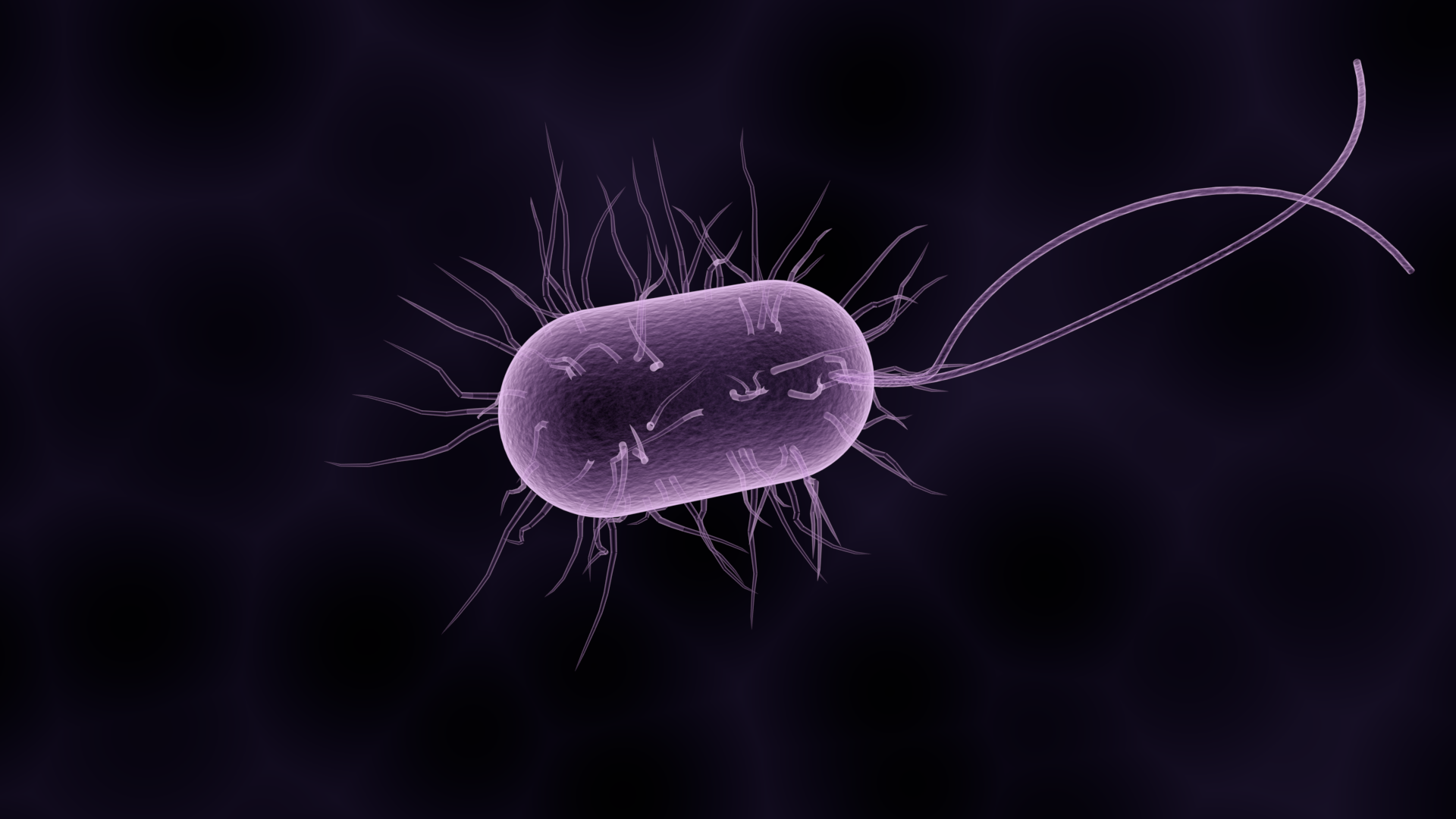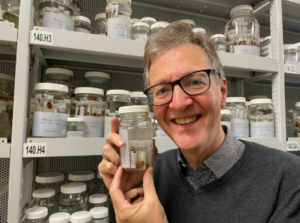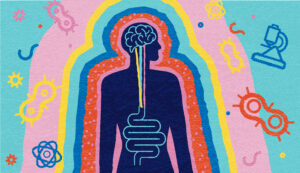Despite the distance between your brain and gut, they share a sensitive communication system called the gut-brain connection.
What happens in your head can affect your stomach. Think about the last time you had a ‘gut-wrenching’ experience.
And it isn’t a one-way conversation. What goes on in your gut can affect your brain too.
An information superhighway
Your brain and gut send each other signals through your vagus nerve, which forms part of the gut-brain axis.
Just thinking about food can get your stomach in the mood, according to Harvard Medical School.
Dr Johanna Simkin is a Senior Curator of Human Biology and Medicine at Museums Victoria.
“The vagus nerve is like an information superhighway that runs from your brain to your gut, carrying messages back and forth,” Johanna says.
So the brain sends signals to the gut, but what’s sending messages from your stomach to the brain?
Gut feelings
Your gut isn’t just full of your last meal – it contains trillions of microorganisms called microbes.
There are more of these little guys inside you than stars in the Milky Way.
“Around 1 to 2 kilograms of you is microbes, and we’re just now discovering the powerful reach of these little helpers,” Johanna says.
“Every month, new research further reveals the detail and precision of these microbe effects.”
"It’s given us a whole new understanding of how the human body works."

Your microbes play a vital role in digesting your food, but when they’re not doing that, they’re toying with your mind.
According to Nature, gut microbes make neuroactive chemicals that also act on the brain.
This means your gut microbes can change your brain chemistry and your mental health.

Microbes and mental health
Recent global research has found strong links between gut microbes and mental health.
Microbial imbalances and inflammation of the gut have been linked to severe anxiety and depression, according to a study by the School of Medicine at Texas Tech University.
A study at Canada’s McMaster University found that mice with altered gut microbes demonstrated chronic depression and anxiety-like behaviours, while scientists at Ireland’s University College Cork discovered mice without intestinal microbes didn’t recognise other mice they interacted with.

Scientists believe their findings may help understand how neurodevelopmental disorders, such as autism, affect social skills.
Mind medicine
Food plays an important role in our physical health, so why not our mental health?
Professor John Cyran, a neuroscientist who worked on the Irish study, says psychobiotics may be available as mental health treatments, according to Nature.
John says dietary treatments could help improve mood disorders.
So while a spoonful of probiotic yoghurt isn’t going to cure depression or anxiety, listening to your gut instinct is a good place to start.









